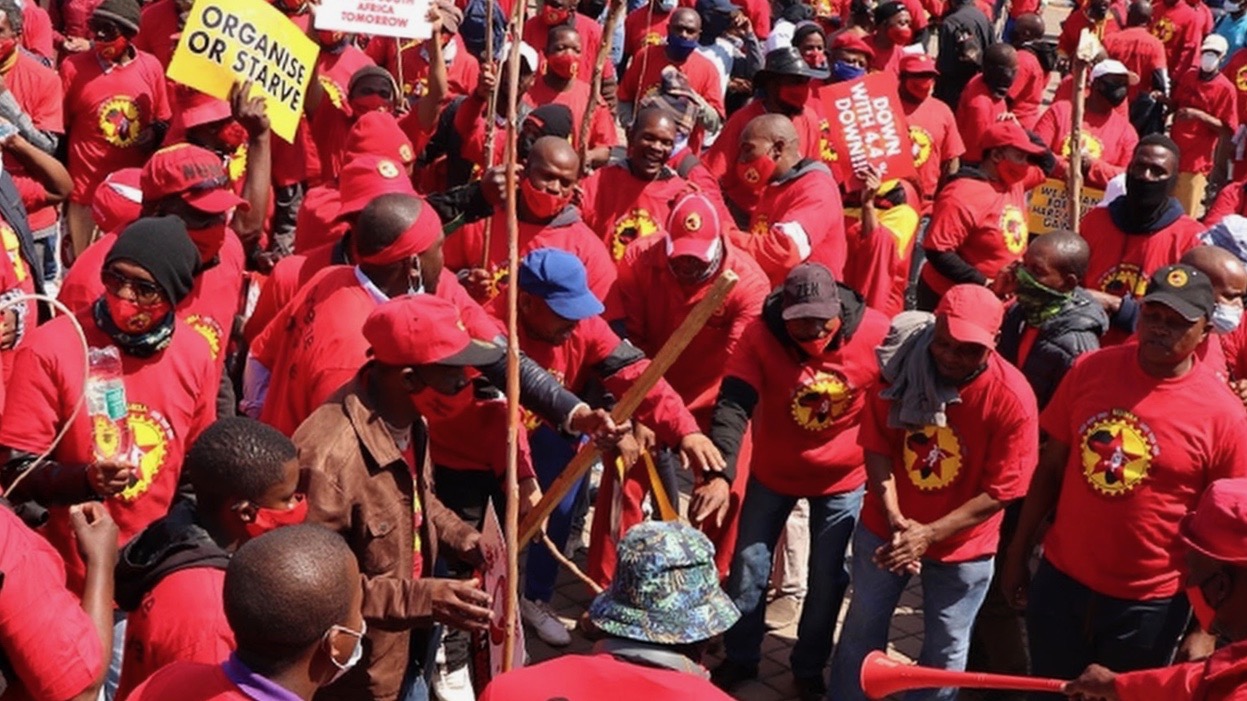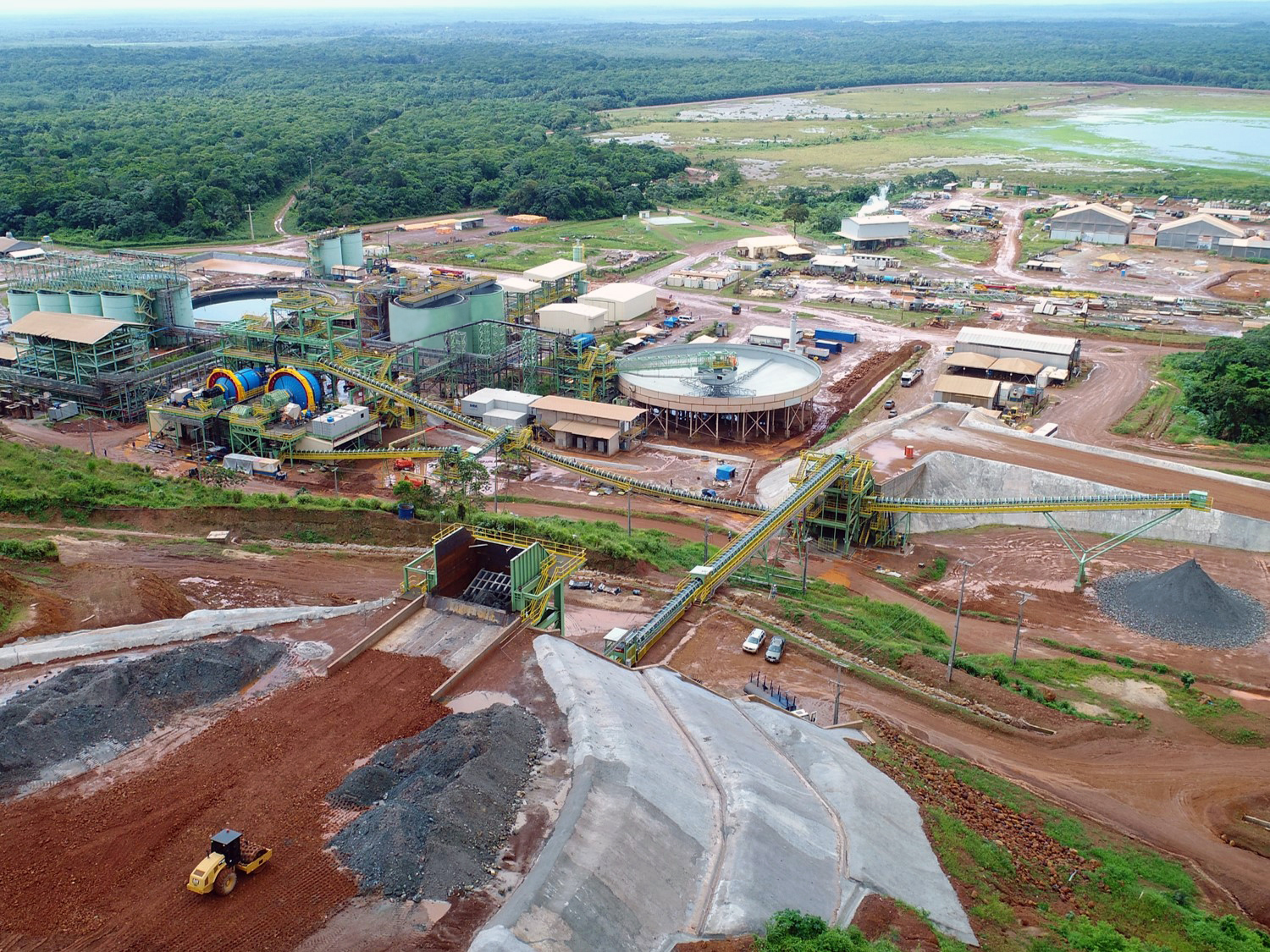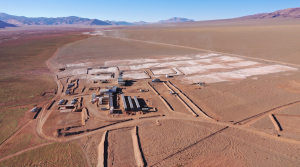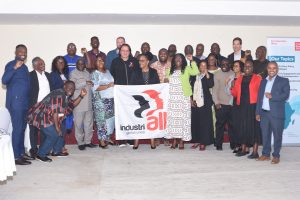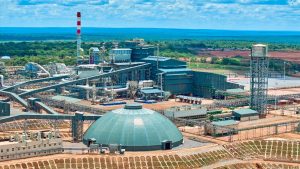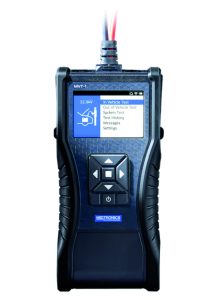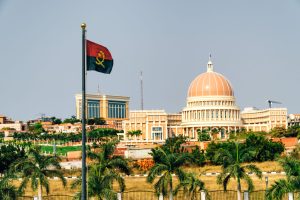Thousands of workers on strike at South Africa’s Impala Platinum mines
Over 4,000 contract workers launched an indefinite strike on Monday, June 20, at the Impala Platinum mines in Rustenburg in South Africa’s North West province. The action was organized by the National Union of Metalworkers of South Africa (NUMSA). Strike notices were issued to three companies contracted to provide services to Impala Platinum Holdings Limited (Implats) – Reagetswe Mining Group, Triple M Mining, and Newrak Mining.
One of the key issues raised by the striking workers is their exploitation by labor brokers (otherwise known as contractors), including a severe pay disparity. According to NUMSA, a rock drill operator (RDO) employed on a permanent basis by Implats can earn R17,000 (USD 1,062). However, an RDO employed by contractors is paid only R5,000 (approximately USD 312). According to NUMSA, these contract companies have grossly exploited workers while Implats has “shamefully washed its hands of the situation.”
As part of the ongoing strike, NUMSA has called for a ban on labor brokers.
The union stated in a press release that the strike at Reagetswe and Triple M was prompted by the management’s refusal to recognize NUMSA as a bargaining agent. Both companies have refused to engage in the bargaining process, including on the wage demands submitted by NUMSA. Reagetswe and Triple M have also refused to adhere to an order issued by the Labour Court directing them to carry out a verification to confirm NUMSA as the majority union.
NUMSA has argued that it meets the necessary threshold and has been chosen by the workers to represent them. “Management must stop interfering in the constitutional right of workers to choose which union will represent them. Once we have secured organizational rights, our members want to conclude a collective agreement based on other additional demands including wage increases, benefits, and other demands,” NUMSA said in a statement.
Soon after the strike began, Reagetswe Mining approached the Labor Court in Johannesburg in an attempt to block the action. The Court issued a temporary interdict on June 21 pending a final order on the status of the strike.
Reagetswe argued that a closed shop agreement it had signed with the Association of Mineworkers and Construction Union (AMCU) in 2014 was binding even on non-parties, including NUMSA members. NUMSA claims that Reagetswe signed another agreement with the AMCU in October 2021 “after they realized that NUMSA was demanding to negotiate salaries for its members.”
The company is now claiming that this second agreement is also binding and, as such, NUMSA members are prevented from embarking on a strike precisely because of the existence of these agreements.
NUMSA argued in court that the closed shop agreement had expired. Moreover, as per the Labor Relations Act (LRA), ballots are supposed to be held every three years to determine if workers are opposed to the closed shop agreement. NUMSA stated that no such ballot had been conducted in recent years.
It further argued that the Reagetswe management is aware that NUMSA represents 1,200 out of the 1,400 workers it employs. Despite this, the management has continued to sign agreements with the AMCU even though it is no longer the majority union. NUMSA accused the company of refusing to conduct a verification which will confirm its majority.
Given that the Court sided with Reagetswe, the strike has been temporarily interdicted. However, NUMSA stated that it hopes to return to court to prevent this order from being made permanent. Meanwhile, the strike is still active at Triple M and Newrak.
Based out of Johannesburg, Implats is the second largest producer of platinum in the world. Workers at its contracted mines have long been demanding decent wages and benefits. These include a housing allowance and medical aid. In June 2021, NUMSA organized 7,000 workers across five companies at Implats – including Reagetswe, Triple M, and Newrak. The effort was led by NUMSA organizer Malibongwe Mdazo. On August 19, he was killed in a brazen public assassination outside the Commission for Conciliation, Mediation, and Arbitration. NUMSA had stated that Mdazo’s murder was the result of him recruiting workers at Implats, and that “his work was the reason his life was taken.”
At the time, NUMSA had approached the labor dispute resolution body over the five companies’ refusal to recognize the union’s claims of having majority membership. On the day that Mdazo was killed, the Commission was in the process of verifying NUMSA’s membership forms to determine if it had enough members to be recognized by Newrak.
While NUMSA is now a recognized union at Newrak, the company’s management has refused to grant access to the workplace. It has also been barred from representing members or holding meetings at the site. NUMSA claims that Implats does not want the union at the workplace. “We condemn Implats for interfering in the right of workers to be represented by the union of their choice,” NUMSA stated.
Share this content:
